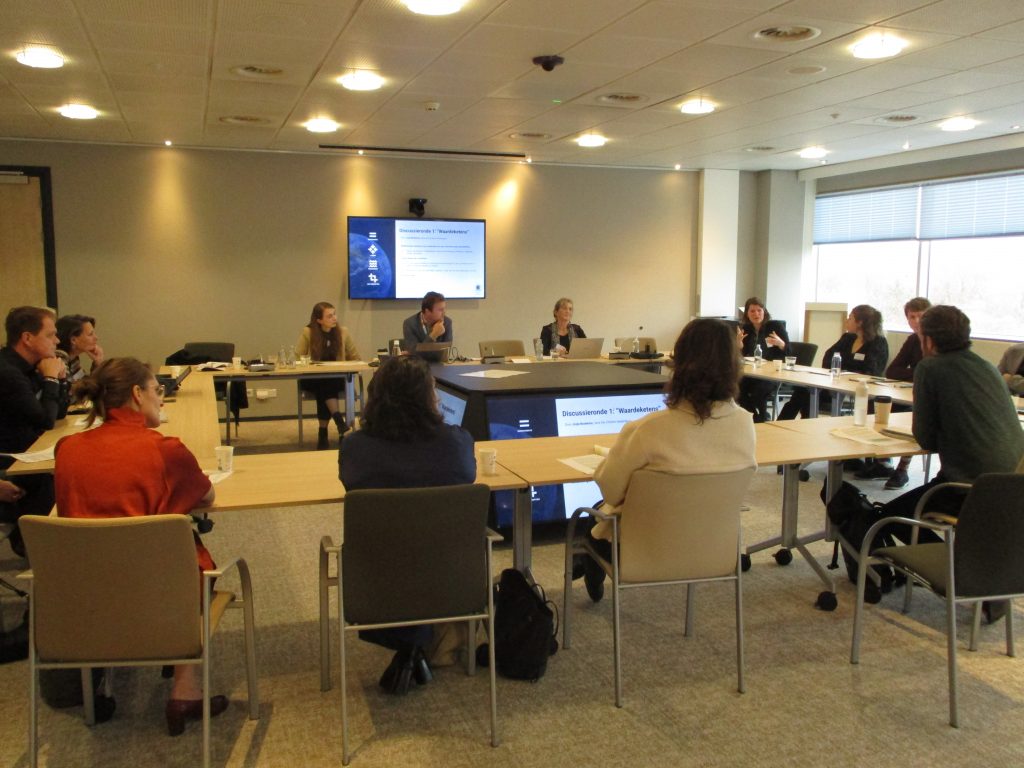Roundtable: Mapping Businesses’ Influence On Children’s Rights
“Government, take the lead!”
On Monday 28-11, a group of stakeholders from various sectors, including businesses, government, academia, youth leaders, international organizations, and others committed to protecting children’s rights gathered by the invitation of Save the Children, UN Global Compact and UNICEF.
10th Anniversary of the Children’s Rights and Business Principles (CRBP’s)
The occasion was the 10th anniversary of the Children’s Rights and Business Principles (CRBPs). These have been jointly developed by Save the Children, UN Global Compact and UNICEF, in consultation with children, businesses, investors, governments, civil society, trade unions, national human rights organisations and the United Nations. The organisations also recently released the joint report: Charting the Course: Embedding Children’s Rights in Responsible Business Conduct and in extension a Dutch paper. This report outlines key achievements and themes that need to be addressed to accelerate the impact on children through business actions and policy decisions.

What Do Dutch Companies Need To Do?
The invitees, including representatives of FNV, PostNL, Bugaboo International, ABN AMRO, Tony’s Chocolonely, het Kinderrechtencollectief, de Bond van Adverteerders, Raccoon Games, VNO-NCW, Fonds Bestrijding Kinderarbeid (FBK), and het Kennisnet were given three themes on children’s rights: international value chains, the digital environment, and the platform economy. What followed was a lively conversation in which concerns were expressed about, among other things, the – often complex – approach to child labour in developing countries. Furthermore, the working conditions of young employees of delivery services were discussed, as was the need for education for children, parents, and teachers within schools and at home around digital literacy.
“By having a conversation with all kinds of stakeholders together, you increase the awareness that affects children in many different ways. It is not only about child labour, but also about poverty, destruction of the living environment, parental stress and dangerous marketing. We all have to work together to make things better for children, everyone agreed on that.” Linda van Beek (Director UN Global Compact Network Netherlands).
Conclusion
The main conclusion that emerged was that the government should take a leading role in the:
- Protecting children’s rights;
- Hold companies accountable for their responsibility (and take measures if necessary);
- Making consumers more aware of the ‘true price’ of products and services;
- Raising prices of certain products and services to ensure fair production and trade.
Companies need to:
- Respect and protect children’s rights in all parts of the chain;
- Make known what is needed by the government;
- Dare to be a forerunner when it comes to fair and sustainable business;
- Incorporate the rights of children in the design of products and services, and also involve children and young people directly in the designs to prevent possible harm.
And for all parties:
- Make it known that children’s rights are still violated on a daily basis;
- Keep discussing it and…
Keep working together!
